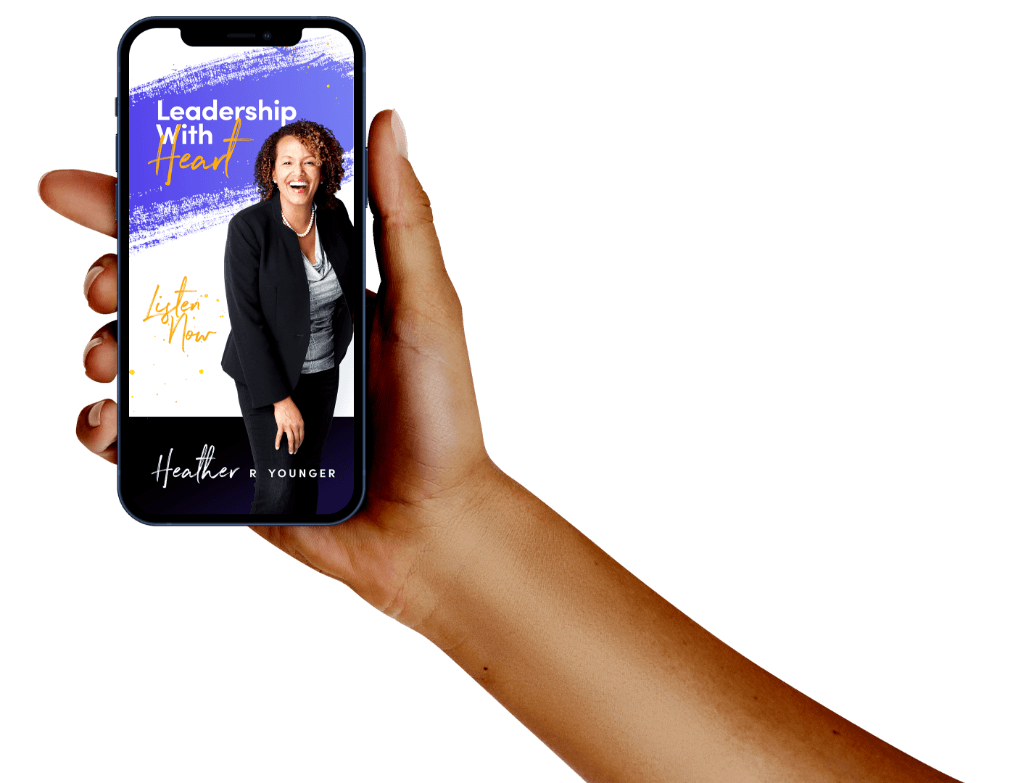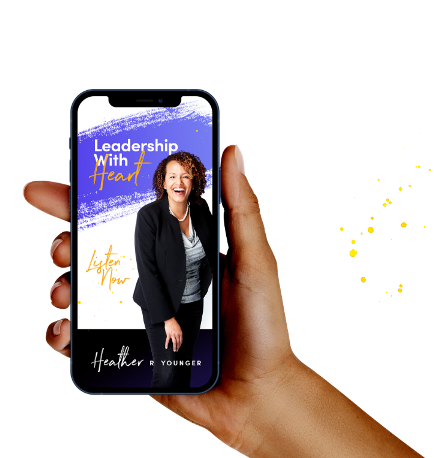At a recent event where I was speaking about How to Create a Culture of Listening, one woman stopped me to compliment my presentation. Then, she said, “I was just talking to a coworker, and we think that we all have a responsibility to be heard. Not just that others have a responsibility to listen to us.”
Her comment really got me thinking about each of our responsibilities to make sure people hear us. This listening thing isn’t one-sided, but rests with each of us whether we are the active speaker or the one who should be seeking to understand us.
It is our responsibility to make sure that those who we want to hear and understand us can actually do that. I will address a few reasons why this is important and how to ensure it as well.
But before I do that, let me address the elephant in the room: a lack of psychological safety.
According to Forbes, approximately 61% of people at work have felt very elevated stress levels. Many people do not feel like their needs are being met because they aren’t being properly heard.
When I stood across from the woman at that conference, I immediately knew that psychological safety is a huge issue at work. Many fear retribution for speaking the truth or being fired or ridiculed because they expressed something outside of the mainstream. Not everyone will want to press to be sure they were heard.
Despite this fact, there are a few things to consider if we want to be truly heard by others:
Why do you need to be heard?
Why is it so important that others hear you? What are the impacts to that individual or group? Will what you have to say help the team or organization in some way? When we are clear about why we want others to “get” us, it helps us stick to a zealous path of perseverance when sharing what we know to be true.
Who needs to hear you?
After you discover your “why” for being to be heard, you must determine “who” really needs to hear you. Is it your CEO, your manager, your team, your colleagues or even people at home? This is because each audience type needs you to communicate in certain ways depending upon what matters most to them.
For example, you wouldn’t share information that only your coworkers can understand with your CEO, since they wouldn’t “get” it and thus they could not hear you accurately.
Pinpoint your most important audience and then meet them where they are to communicate with them what they need and how they need to hear it.
What kind of information should you share?
Some ways that you could share information could be showing graphs or reports on a topic or issue that needs to be brought up. Also, the stories you tell can also be a huge part of it if those on the other end understand their world via storytelling. You should share statistics and research through line graphs and visuals for those who receive information best via data and evidence.
Different people can hear others best when they receive information in ways they understand. For example, I wouldn’t share a heart-warming story with someone who I know really seeks and values flow charts and data tables.
Find out what the listener needs from you to get their attention.
How should you communicate to be properly heard?
When it comes to making our voices heard, we need to understand the importance of using the right tone and the right body language with people.
Are you showing respect with your tone? Are you expressing empathy with your facial expressions? Is your voice heightened to express the urgent nature? Are you remaining calm to those who tend to be more logical thinkers and might not respond well to alarm-setting voices?
Sometimes, people cannot even comprehend or don’t want to respond to those they see as alarmists. They prefer to interact with calm and collected people
Who appear more rational. Many don’t even know how to deal with the former.
So, to be sure you are heard, work on calming your voice and facial expressions down so that the other can hear you. Come prepared to present logical options.
Conclusion
While it’s important that we take the time to actively listen to others, it’s equally important to communicate in ways that others can hear us.
A lack of psychological safety is a real problem, and at the same time, we have an obligation to be courageous and speak our truth in ways that others can hear us. Let’s make it easier for them to “get” us by considering what they need from us to be better listeners. If you need help with this, either pick-up my most recent book , or inquire about our new Certified Active Listening Facilitator program to help you help others listen more effectively and be heard at the same time.






